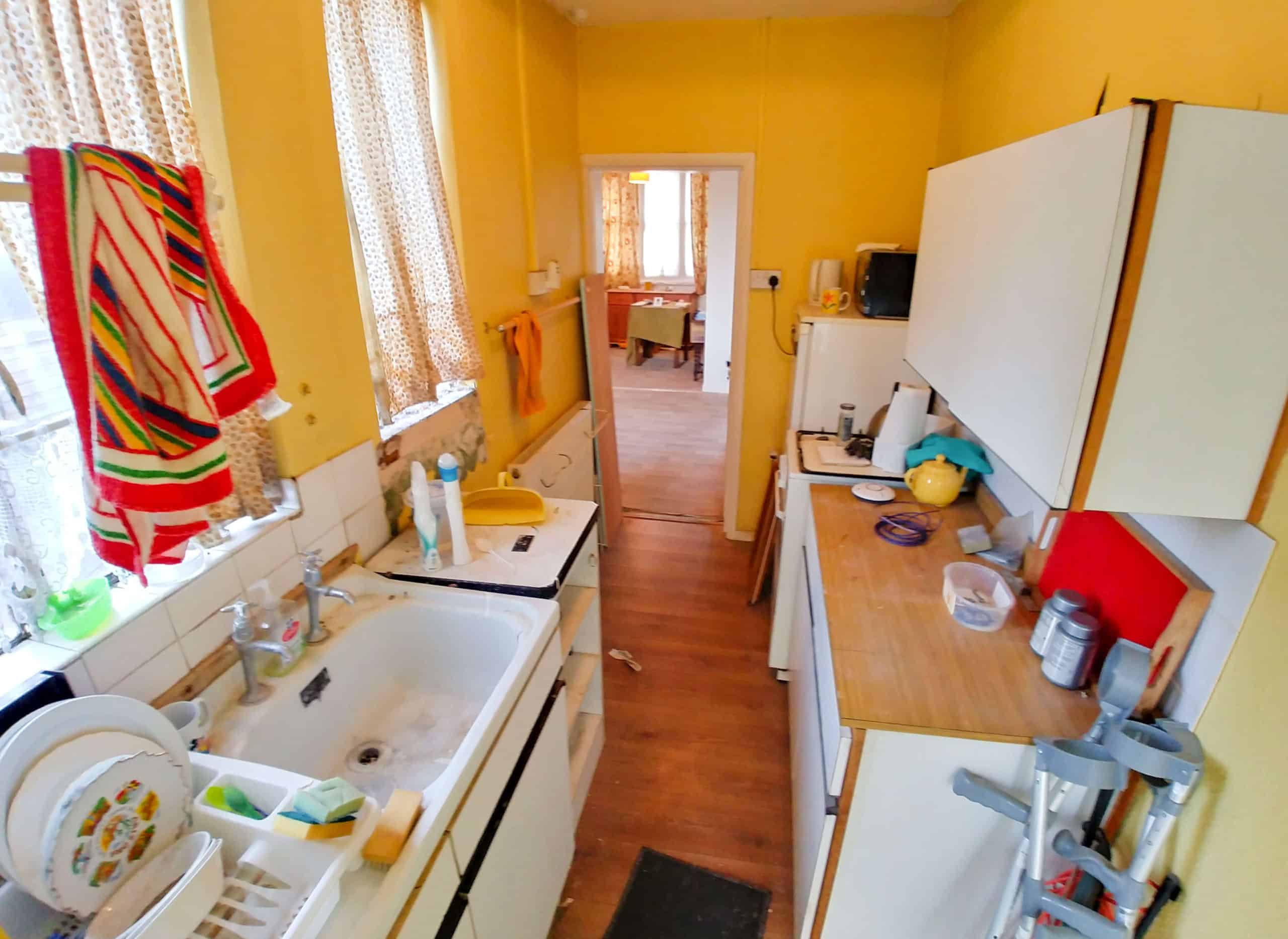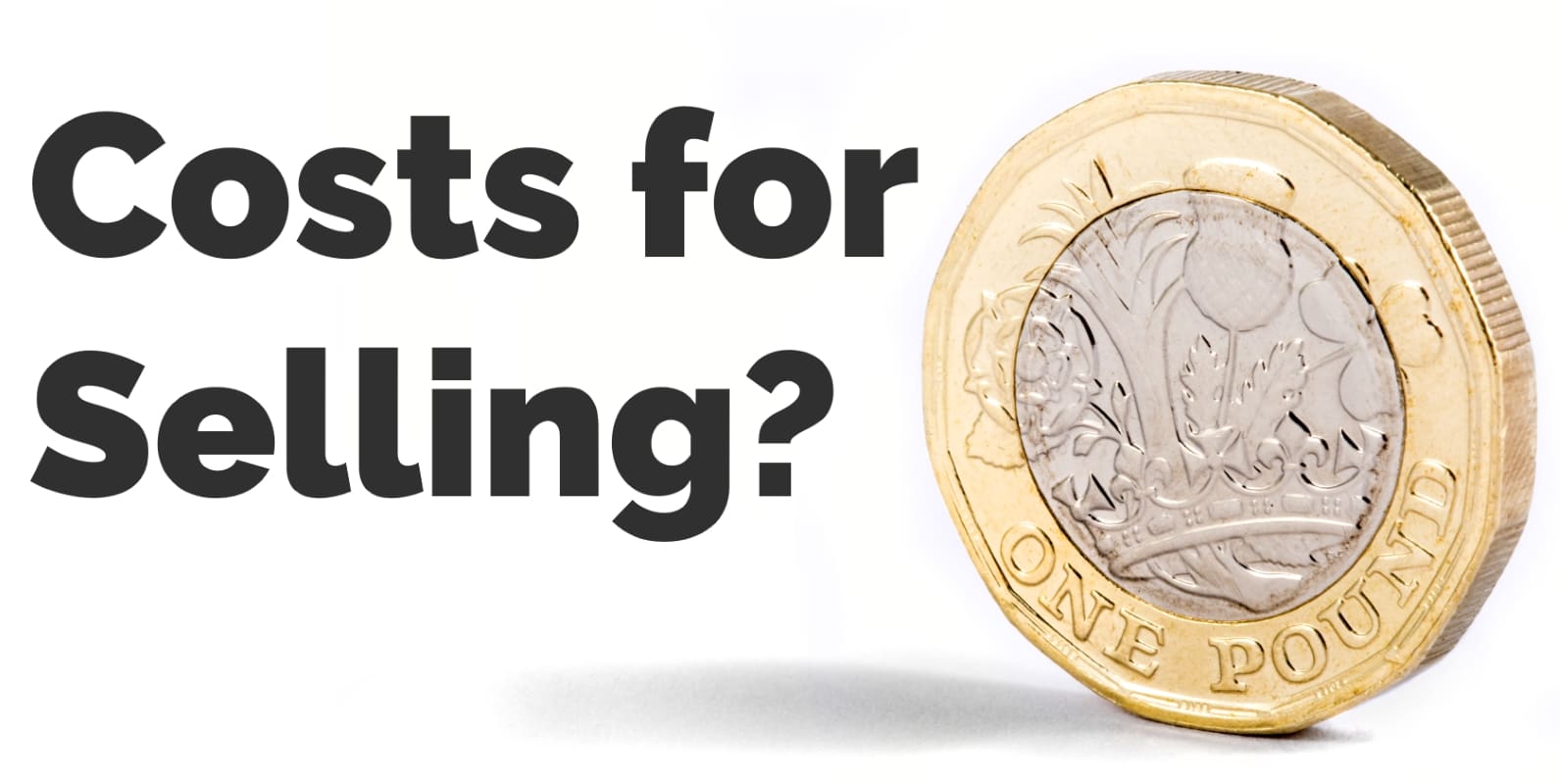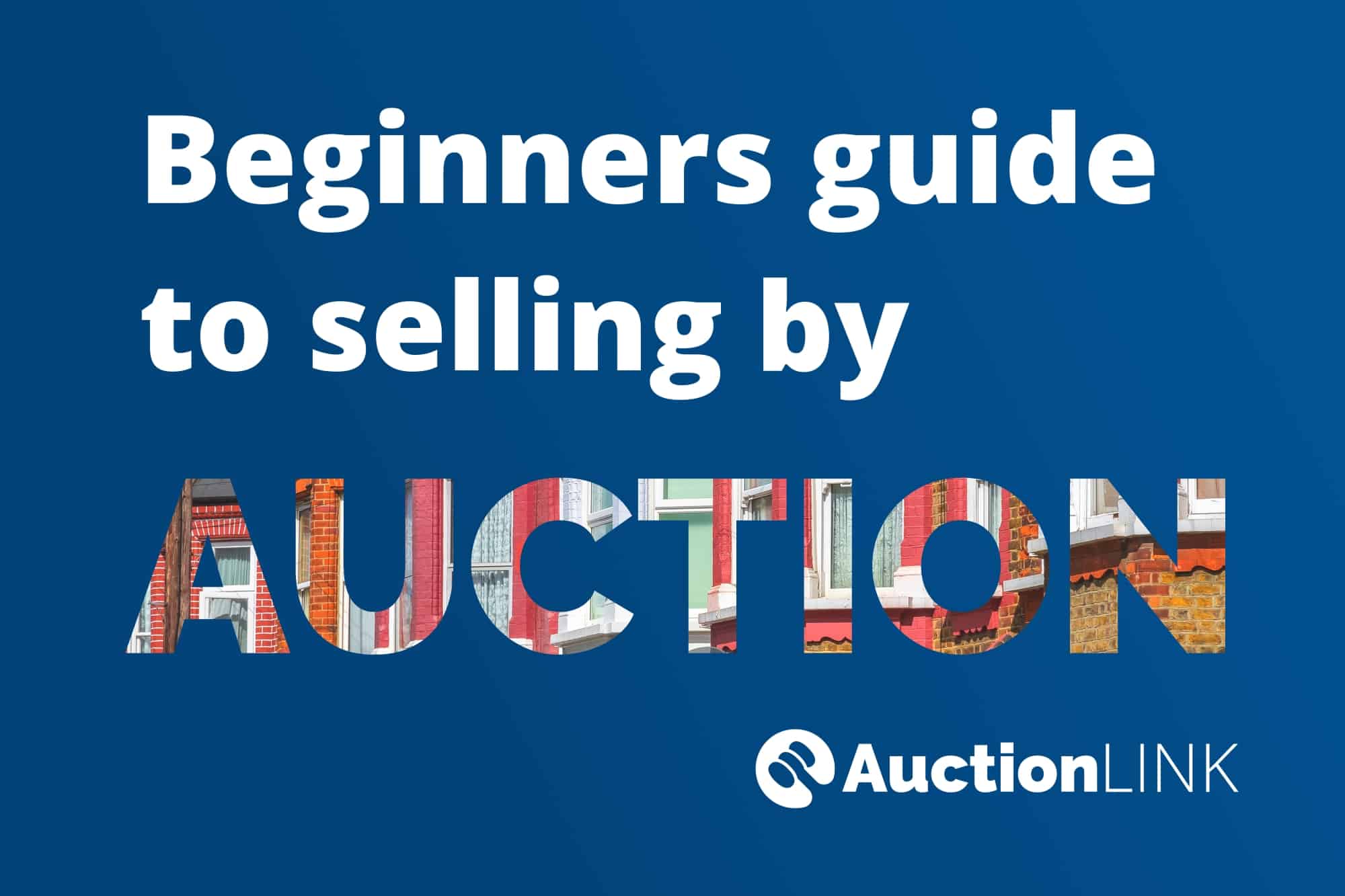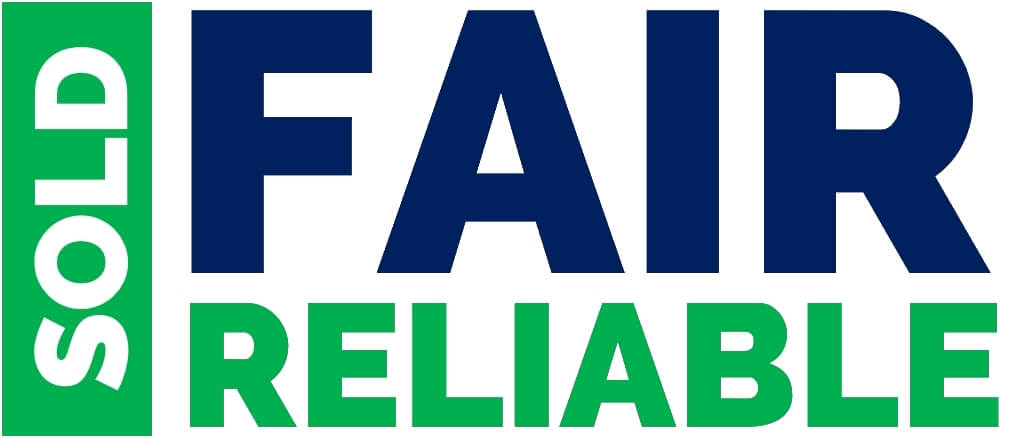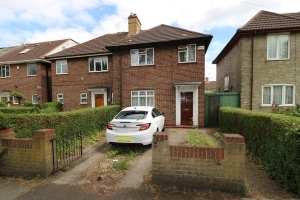Benefits of Selling a House by Auction
- Cost effective
No upfront fee & sell for free options - Quick
Sell your property in as little as 28 days - Secure & reliable
Legally binding sale on auction day - Fair & transparent
Sold to the highest bidder
For your peace of mind we are a member of The Property Ombudsman


Selling by auction is quick and easy. Request a no-obligation auction sale estimate for your house or flat.
- Reliable
- Fast
- Secure
Interested to learn more about the easy and efficient process of selling your property by auction?
Talk to our team on 0800 862 0206
Home: Auction Link » Benefits of Selling a House by Auction
What are the benefits of selling a house or flat by auction? This article is intended to provide UK homeowners with an overview of the benefits of selling a property by auction.
Auction provides a refreshing alternative to the often slow and inefficient process of selling with an estate agent. Every day of every week, we’re approached by home sellers who have patiently waited many months for their house sale to progress, only to be told by their estate agent that the buyer has backed out of the sale, sometimes for no particular reason – the buyer might have just changed their mind!
Legally Binding
At auction, sold really does mean sold.
Contracts are exchanged on auction day.
It’s a very different story when selling by auction. The seller is not at the mercy of just one buyer who controls the sale – there is no exclusivity given to one buyer. Instead, buyers have to compete against each other. And rather than making an offer subject to contract or survey. Auctions buyers are bidding to buy – full stop! The offer is not subject to contract or survey. The sale on auction day is legally binding, and that means auction sales do not fall through.
Short on time?
If you don’t have the time to read this article in full, we can come back to you with a free auction appraisal. Request a free estimate and we’ll come back to you.
In this guide:
Legally binding
Speed
Competitive bidding
Reserve price guarantee
Marketing
High success rate
Transparency
Why not request a free auction valuation for your property? It only takes a few seconds. Or feel free to call us on 0800 862 0206 if you have any questions.

If you’ve ever sold (or tried selling) a property with an estate agent, you will know that offers are not legally binding. Even after the buyer and seller have signed the contract of sale, there’s usually a long wait before legal exchange of contracts. We’ve heard of some sellers waiting for an entire year, only to find the buyer drastically reduces their offer the day before exchange (gazundering), or walks away from their purchase completely, sometimes without even giving a reason.
Auction is different – sales do not fall through at auction. When a buyer bids at auction, they are bidding to buy; legal exchange of contracts takes place on auction day and a 10% non-refundable deposit is secured from the successful bidder. The buyer cannot back out of the transaction, and neither can the seller.
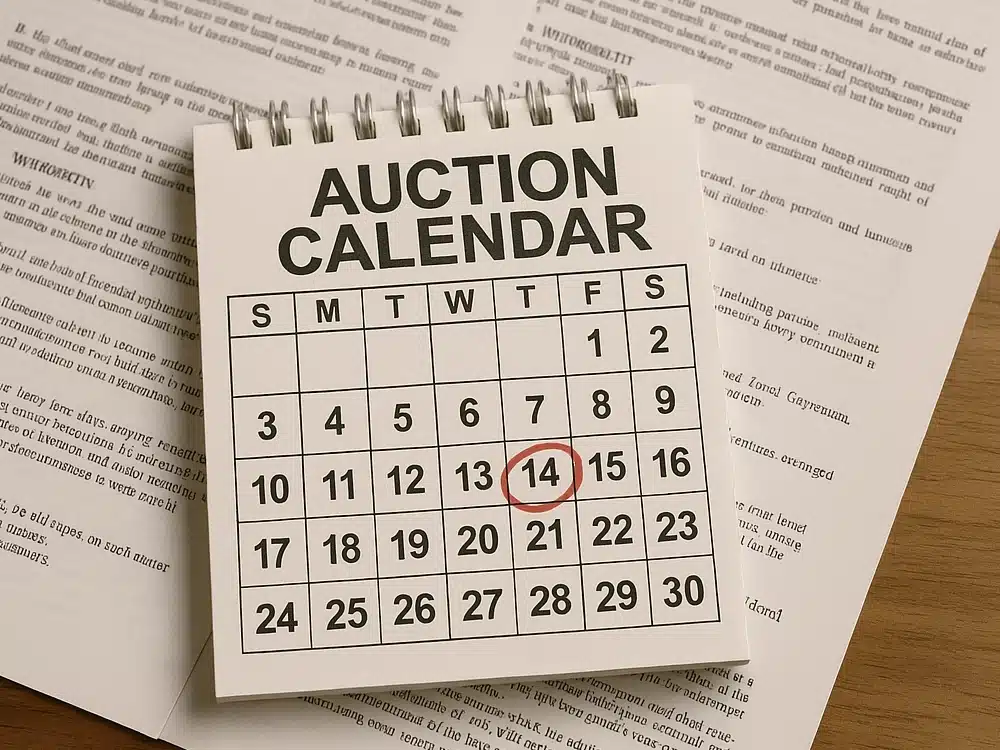
Auction is a great option if you’re looking for a quick and reliable sale. Property auction sales work to a set timescale, centered around auction day. The closing date to enter a property into auction is typically about 3 or 4 weeks before auction day. And completion of sale takes place 4 weeks after auction day – although the seller can set their own completion date, to suit their requirements.
There is not a set timescale with estate agency sales; even if the buyer or seller set deadlines, in practice they’re hardly ever met!
Free Auction Valuation
How much will your property sell for by auction? Request a free valuation and reserve price estimate for your property. In some cases we may need a few more details about your property before providing a free and no-obligation estimate.

One of the key features of auction is “competitive bidding” and it’s a something that’s unique to auction sales. And because the direction of negotiation at auction is only ever upwards, if one buyer is outbid by another buyer, they have to increase their bid if they want to secure the property for themselves.
Properties sold at auction find their top price through the process of competitive bidding, and there is no upper limit or ceiling price. That’s why you sometimes see properties sell for record-breaking prices at auction.
For most property owners, the reserve price is the most important consideration when deciding whether to sell by auction.
The reserve price is the minimum amount your property will be allowed to sell for on auction day. You can think of the reserve price as a guarantee. Your property will not be allowed to sell for any less than the agreed reserve price.
The reserve price is determined by the auctioneer, who carries out their appraisal by looking at recent comparable property sales in the local area. They will take into account anything else you tell them about the property e.g. the condition of the property. Sometimes an auctioneer will carry out a physical inspection of the property before suggesting the reserve price, but a physical inspection is not always necessary.
When deciding whether to sell by auction or with an estate agent, remember the direction of negotiation (explained in point 3 above). Negotiations through an estate agency sale usually start with an “asking price” and more often than not the price is negotiated downward from that level. With an auction sale the starting point is the reserve price, and the direction of negotiation is upwards.
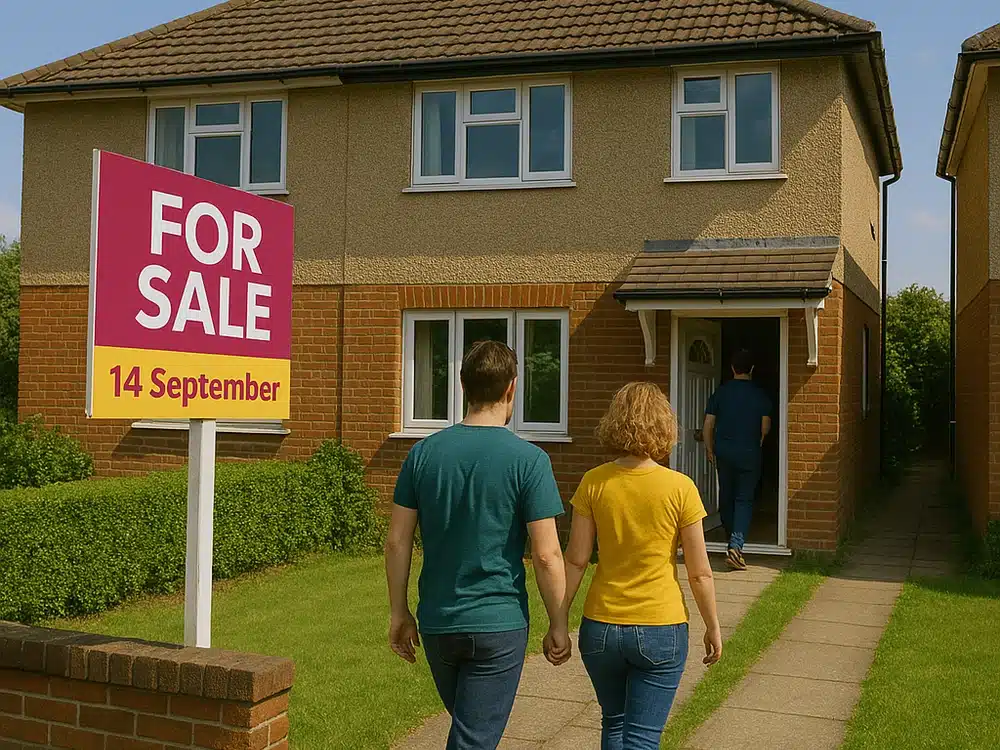
No other method of property sale rivals auction for speed and intensity of marketing. Within just a few days (sometimes only a few hours) of booking your property into auction, a comprehensive advertising campaign commences. In addition to the standard level of marketing you might expect from an estate agency sale (board erected outside the property, listings on Rightmove, Zoopla etc), auctioneers also distribute printed catalogues and targeted email campaigns to their database of registered buyers.
The ultimate objective of auction marketing is to achieve the highest sale price for your property, through the process of competitive bidding on auction day. To help achieve this, properties are advertised with an attractive guide price, set as low as possible to stimulate interest. It might sound counterintuitive, but the formula for achieving the best sale price at auction is to set the guide price as low as legally possible: low guide price => more interest => more bidders competing to buy on auction day => higher sale price.
Photographs, video tours and sometimes “360 tours” or floorplans are made available online. And a printed catalogue is posted to thousands of prospective buyers. Viewings are taken care of by the auction company too; usually consisting of around 4 or 5 open house viewings slots (each lasting 30 minutes) spread out across the 3 weeks leading up to auction day. Along with the auction legal pack being prepared in good time before auction day, prospective buyers will have everything they need to bid with confidence.
Many weeks of marketing activity culminate in auction day itself. And the effort good auctioneers invest into the event should not be underestimated. Seizing on the exhilaration of a live auction, the auctioneer will stoke up the excitement further. In the heat of the moment a few careful words from the auctioneer can tip the balance, sparking a rally of competitive bidding. Whether the auction is broadcast live online, or with buyers gathered together in the room, the sale (legal and binding) is concluded within a matter of minutes.
One of the most common questions were asked by property owners is what happens if my property doesn’t sell at auction? After a few attempts of selling with an estate agent, it’s understandable why you might ask that question. Auction companies are always keen to advertise their success rates, so the statistics are available for all to see, usually a few days after the auction.
Auctioneers typically sell around 80% to 85% of properties entered into auction. That’s an impressive number. The fact that auction sales are legally binding on the day, and do not rely on just one (uncommitted) buyer, is the main reason why the success rates at auction are so high.
For some property sellers this is the most important reason for selling at auction. But for most property seller’s transparency of sale is not even thought about. Until it’s too late! If you’ve ever tried selling your property through an estate agent and felt that other properties are being prioritised over yours, or that offers on your property are being processed, then you’ll find auction a refreshing alternative! With an auction sale, control of the sale is not in the hands of the estate agent!
Video Guide: Selling a House by Auction
Ready to sell your house by auction?
Request a free valuation and reserve price estimate for your property today. In some cases we may need a few more details about your property before providing a free and no-obligation auction sale estimate.
Contact us to find out if your property is suitable for auction Request a free pre-auction appraisal or feel free to call us on 0800 862 0206 – we’ll be happy to help.
Selling an Unmodernised House
Auction is a popular method of sale for properties requiring modernisation. Find out why auction is considered the best option for the sale of houses and flats in need of work.
